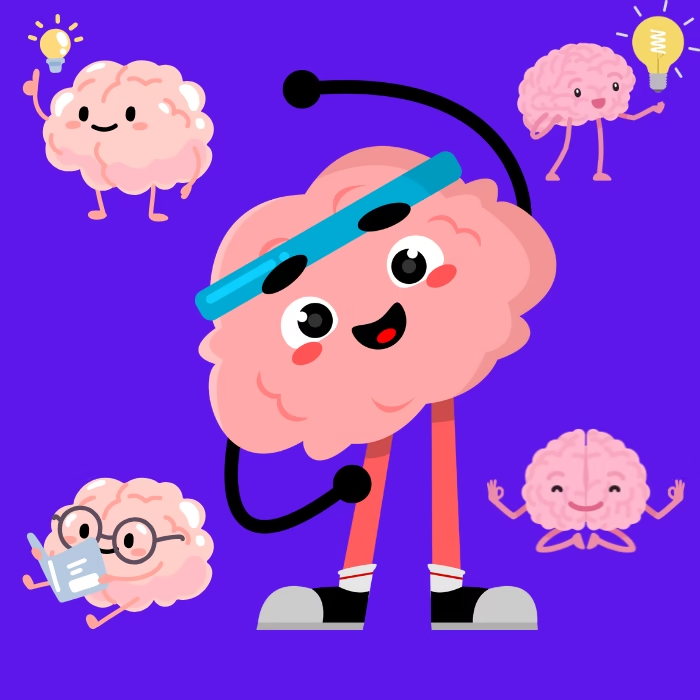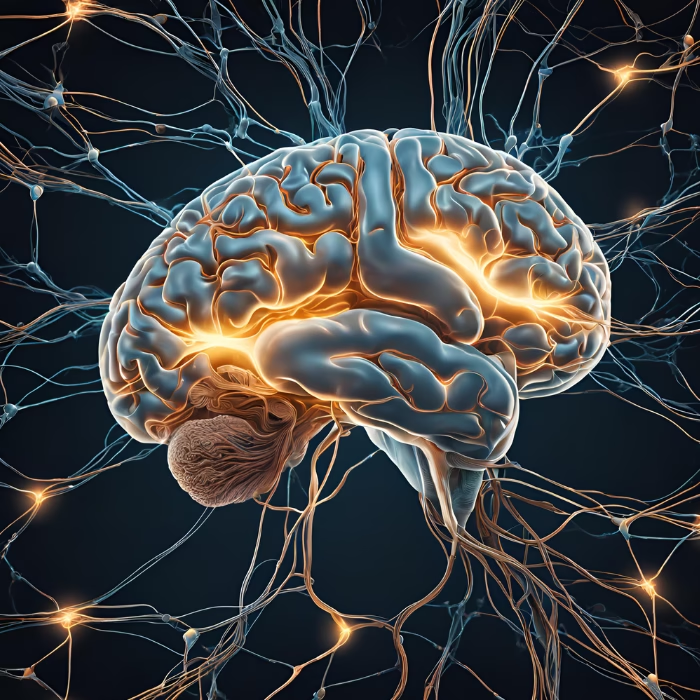The Cognitive Boost of Short Workouts: Insights from a University of California Study
The intersection of physical exercise and cognitive function has been a subject of fascination for scientists, educators, and health enthusiasts alike. A recent study by the University of California has added a compelling dimension to this discourse, suggesting a strong positive correlation between short, intense workouts and enhanced cognitive ability. This research, which spans data from thousands of exercise-related studies over two decades, provides groundbreaking insights into how targeted physical activity can impact the brain. Let’s dive into the findings and implications of this study, exploring how brief but intense workouts can sharpen our mental faculties.
The Study’s Core Findings
At the heart of the research lies the discovery that short, high-intensity workouts such as High-Intensity Interval Training (HIIT) or cycling provide a significant cognitive edge over more prolonged, moderately paced exercise routines. These workouts are not just efficient for physical health; they are potent stimulators of mental clarity and enhanced brain function.
The study highlighted several critical points:
- Improved Cognitive Functions: Participants who engaged in brief, intense exercises demonstrated better memory recall, faster problem-solving abilities, and heightened focus compared to those who participated in moderate, sustained workouts.
- Post-Workout Clarity: A pronounced period of mental clarity was observed immediately after these high-intensity sessions. This phenomenon could be linked to neurochemical shifts that enhance synaptic activity, thus improving cognitive performance.
- Practical Application: The researchers proposed that incorporating short bursts of intense exercise during work or study breaks could significantly boost productivity and re-focus the mind.
Understanding the Mechanisms Behind the Benefits
Why do short, intense workouts outperform longer, moderate routines in boosting brain function? The answers lie in the physiological and neurochemical responses triggered by high-intensity exercise:
- Endorphin Surge:Intense workouts trigger the release of endorphins, often referred to as “feel-good” hormones. These chemicals reduce stress, elevate mood, and prepare the brain for better cognitive engagement.
- Increased Oxygen and Blood Flow: During vigorous exercise, the heart pumps blood more efficiently, delivering a surge of oxygen and nutrients to the brain. This enhances areas responsible for memory, focus, and decision-making, particularly the prefrontal cortex and hippocampus.
- Neurotrophic Factors: Intense exercise stimulates the production of brain-derived neurotrophic factor (
 ), a protein that supports the growth and survival of neurons. BDNF is crucial for learning and memory, and its increased levels correlate with improved cognitive performance.
), a protein that supports the growth and survival of neurons. BDNF is crucial for learning and memory, and its increased levels correlate with improved cognitive performance. - Stress Hormone Regulation: While moderate exercise reduces stress gradually, intense workouts deliver a quick spike in cortisol (a stress hormone) followed by a rapid normalization. This quick fluctuation helps the brain manage stress more effectively, leaving the mind sharp and clear.
The Role of HIIT and Similar Exercises
High-Intensity Interval Training (HIIT) emerged as a standout in the study. Characterized by short bursts of intense effort followed by brief recovery periods, HIIT optimizes physical and cognitive benefits within minimal timeframes. A typical HIIT session could involve 20 seconds of sprinting followed by 10 seconds of rest, repeated over several cycles.
- Efficiency and Accessibility: HIIT is ideal for individuals with busy schedules. It compresses the cognitive and physical benefits of longer workouts into just 10-20 minutes.
- Variety and Engagement: By alternating between high and low intensities, HIIT keeps the brain engaged, reducing monotony and potentially enhancing mental agility.
- Neurochemical Impact: The rapid shifts between intensity levels may stimulate more significant neurochemical changes, contributing to the heightened cognitive benefits observed in the study.
Cycling, another form of exercise analyzed in the study, shares many of these benefits. Whether performed on stationary bikes or outdoors, cycling combines rhythmic motion with bursts of intensity, making it a versatile choice for boosting cognitive performance.
Practical Applications of the Findings
The study’s conclusions are particularly relevant in today’s fast-paced, technology-driven world, where mental clarity and focus are in high demand. Here are several practical ways individuals can incorporate short, intense workouts into their daily lives:
- Workplace Productivity: Employees can use 5-10 minute workout breaks involving jumping jacks, burpees, or stationary cycling to reset their focus and enhance productivity during demanding workdays.
- Academic Settings: Students could integrate brief exercise sessions into their study routines, especially during exam preparation. A quick HIIT session between study blocks could improve retention and comprehension.
- Morning Routines: Starting the day with a short, vigorous workout can jumpstart the brain, preparing it for a day of high performance.
- Creative Problem-Solving: When faced with a mental block, engaging in an intense physical activity can help clear the mind and inspire creative solutions.
Implications for Broader Public Health
Beyond individual benefits, the study’s findings carry significant implications for public health strategies. Traditional exercise guidelines often emphasize moderate, sustained activity for overall well-being. While these recommendations remain valuable, the cognitive benefits of short, intense workouts suggest a need to revisit these frameworks.
- Time-Efficient Solutions: For populations struggling to meet exercise guidelines due to time constraints, high-intensity workouts offer a feasible alternative with dual physical and cognitive benefits.
- Mental Health Interventions: With rising rates of stress, anxiety, and depression, incorporating brief, intense exercise regimens into mental health programs could provide a non-pharmacological approach to symptom management.
- Educational Policy: Schools and colleges could integrate short, intense physical activities into daily schedules to enhance students’ learning outcomes and reduce stress.
Balancing Intensity with Individual Needs
While the benefits of intense exercise are evident, it’s crucial to approach such workouts with care. Factors like fitness levels, age, and underlying health conditions should guide the intensity and frequency of exercise. Beginners might start with lower-intensity intervals and gradually increase as their fitness improves.
Moreover, hydration, proper nutrition, and adequate recovery are essential to maximize the benefits of high-intensity workouts. Overtraining or neglecting recovery can lead to fatigue and counteract the cognitive benefits.
A Paradigm Shift in Exercise Philosophy
The University of California study challenges conventional thinking about exercise. It shifts the focus from the duration of physical activity to its intensity and impact on the brain. This paradigm shift resonates with a growing body of research advocating for time-efficient, high-impact strategies to improve both physical and mental health.
Conclusion
The University of California’s groundbreaking study underscores the transformative potential of short, intense workouts on cognitive ability. By enhancing memory, focus, and mental clarity, these exercises empower individuals to perform better in various aspects of life. Whether through HIIT, cycling, or other vigorous activities, incorporating bursts of physical intensity into daily routines offers a powerful tool for achieving peak mental performance.
As the pace of modern life accelerates, finding ways to optimize time and energy becomes paramount. This research provides a clear and actionable blueprint: a few minutes of high-intensity exercise can not only strengthen the body but also unlock the full potential of the mind.
Stay tuned for more news…